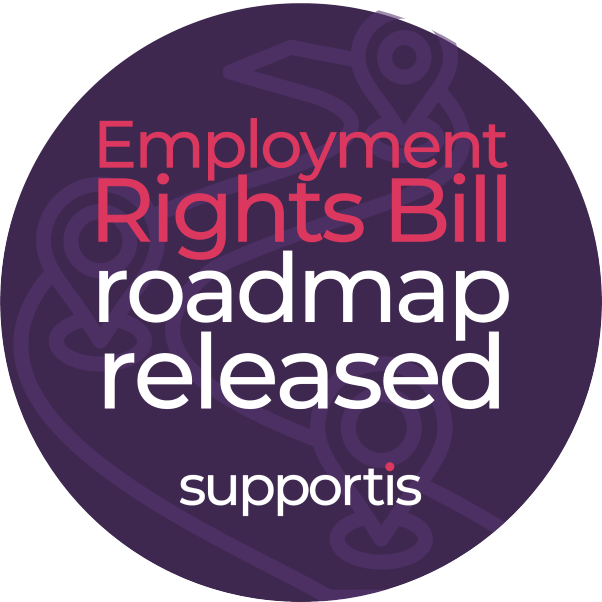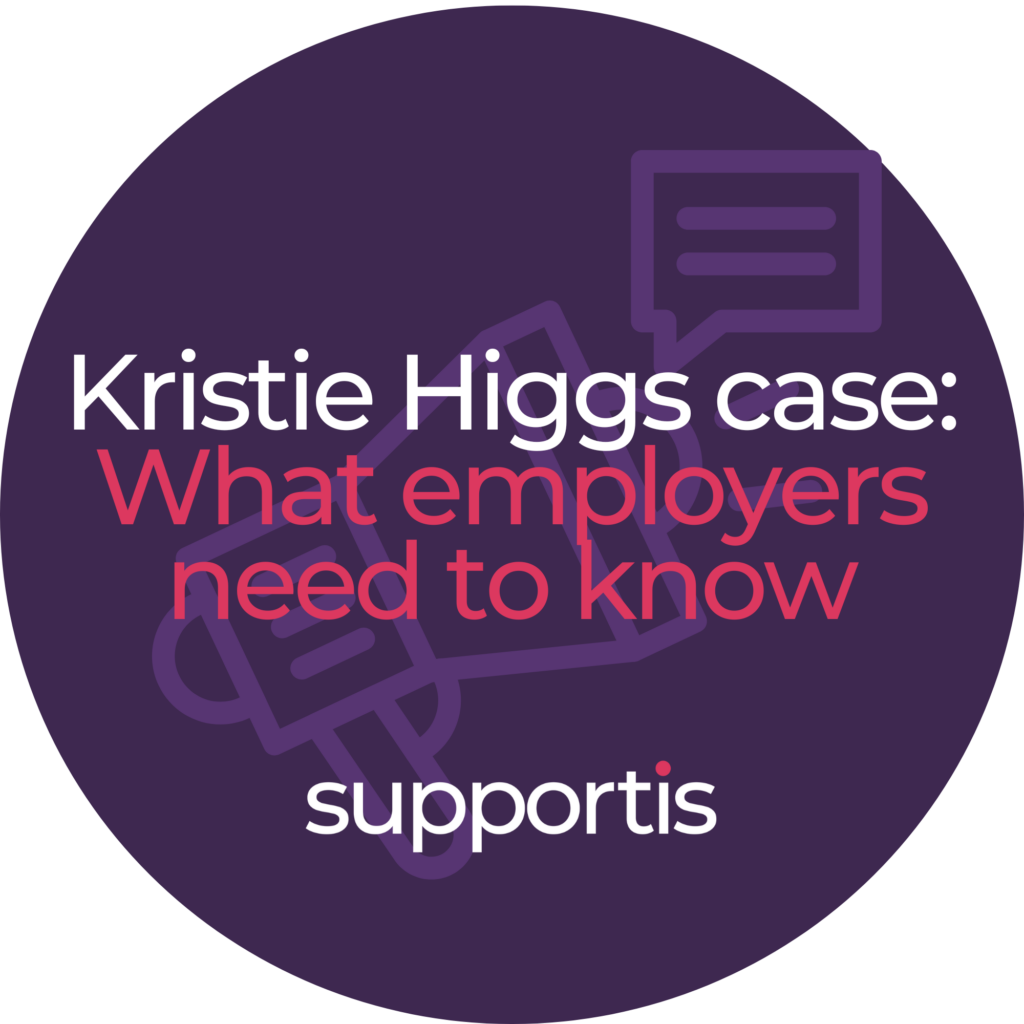It has been widely acknowledged that alongside being in the midst of the pandemic, there is also a mental health crisis ongoing. Shocking stats show that almost 20% of adults have experienced depression in some form in June 2020, which is nearly double the pre-pandemic figure. 39% of employees have experienced poor mental health where work was a contributing factor in the last year.
Many factors influence how someone’s life is affected by the pandemic: age, sex, ethnicity, caring responsibilities and career choice can mean that someone is disproportionately affected. Many employees have reported that both their mental and physical health has deteriorated since the national lockdowns have been in place.
Many are suffering being socially and physically isolated, the uncertain nature of the pandemic is causing anxiety and taking a toll on the mental health of employees. It can often feel like ‘Groundhog Day’, for both those who are homeworking and those who are commuting as life has become monotonous, many are feeling trapped in the current circumstances with social and life events having been postponed or cancelled.
In light of World Mental Health Day on 10th October,we reflect on the importance of de-stigmatising mental health, particularly in the workplace, and what practical steps you can take as an employer to support your workforce throughout the pandemic and beyond.
HR’s effect on employee’s wellbeing
An effective HR manager/team can play a key role in supporting employee wellbeing. Absence management and policy implementation, such as dealing with flexible working requests, can make an impactful difference to employees’ quality of their working lives. Management are often the first point of contact if employees are finding things difficult or require workplace adjustments to better facilitate a healthy work environment.
An effective HR manager should be holding regular wellbeing meetings with staff and be able to identify early warning signs of deteriorating mental health and offer guidance or link employees to sources of professional help when required.
The impact the pandemic is having on management can mean that they are dealing with a complex mix of personal employee situations and circumstances. Management need to make sure that employees are treated as individuals, treating both employees’ work-related and personal issues with a sensitive and empathetic approach.
Join the Mental Health at Work Commitment
The Mental Health at Work Commitment, is a set of positive steps for employers to take to improve and support the mental health of their workforce. The commitment provides a framework to help employers support positive mental health changes for their employees, whilst providing tools and practical advice to assist in implementing the six standards.
Employers should take practical steps to reduce mental health stigma and improve the support to employees. In these uncertain times, employees should feel that there is an ‘open door’ policy between themselves and management, so that they can express how they are feeling in a safe and comfortable space and know that they will be supported.
We have collated some mental health at work resources here:
https://www.mind.org.uk/workplace/mental-health-at-work/taking-care-of-your-staff/
https://www.mentalhealthatwork.org.uk/
https://www.mentalhealth.org.uk/publications/how-support-mental-health-work
https://www.hse.gov.uk/stress/standards/index.htm
If you would like to discuss how you could support your employees further, we are available on 0161 603 2156 for confidential advice.




